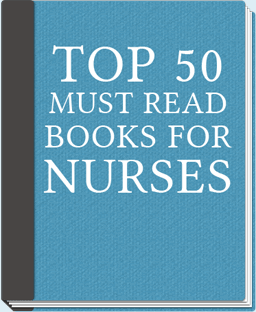RN to MSN
By earning Master of Science in nursing (MSN) degree from an accredited nursing program, nurses can open new opportunities in their field, and can earn more money practicing as a registered nurse (RN) or advanced practice registered nurse (APRN). MSN programs typically take two to three years to complete, depending on your professional experience and educational background. While enrolled, you’ll have the opportunity to specialize in a particular area of nursing such as women’s health, pediatrics, critical care, just to name a few. MSN programs are often designed for the working RN so you can continue working full- or part-time while taking classes.
Requirements for Earning RN to MSN Degrees
The MSN degree is considered an entry level credential for nurse educators and administrators, and it gives already-registered nurses the ability to advance their careers in a number of ways. The RN to MSN program is typically optimized for RNs who hold either a hospital diploma, associate degree in nursing, or a bachelor’s degree other than a BSN (a separate BSN to MSN track exists for qualified candidates). RN to MSN candidates will often take courses in population-based care, policy and politics in nursing and healthcare, and leadership-oriented coursework, among other topics.
Average Salary and Career Data
While the median annual salary for registered nurses is approximately $64,700, job seekers with advanced credentials, such as an MSN program, will most likely be able to seek opportunity closer to the upper echelon of salaries for this profession. The registered nursing profession is expected to grow to the tune of 26 percent through 2020. The top 10 percent of all registered nurses earn more than $95,000 annually (BLS.gov), which is well over double the national per-capita income.
Job Duties of a Registered Nurse (with MSN)
There are likely two prominent outcomes for registered nurses who obtain a Master of Science in nursing. Graduates can work as a nursing educator, shifting their career path away from the everyday-clinical setting and into the classroom or educational laboratory. Students might also decide to advance their education even further with a doctorate in nursing. You can specialize in a number of areas including:
- Adult care
- Occupational health
- Intensive care
- Midwifery
Increased specialization opportunities and bigger paychecks are just two of the most tangible rewards for nurses who stick with school and earn a Master of Science in nursing.
RN to MSN Programs Online
- Grand Canyon University — MSN (Bridge) Nursing Education
- Grand Canyon University — MSN (Bridge) Health Care Informatics
- Kaplan University — RN to MSN
- Simmons College — RN to MSN: Family Nurse Practitioner
- Walden University — RN to MSN: Adult Gerontology Acute Care Nurse Practitioner
- Walden University — RN to MSN: Adult Gerontology Nurse Practitioner
- Walden University — RN to MSN: Education
- Walden University — RN to MSN: Informatics
- Walden University — RN to MSN: Leadership & Management
Online Nursing Bridge Programs
 LVN to RN |
Achieve Test Prep — LVNs can earn a BSN degree or RN License in half the time and cost of traditional programs. Achieve Test Prep has a 92% pass rate on exams as well as other advantages like no waiting lists to get started, free books, and low cost financing options. Our convenient, instructor led test-out program allows you to learn at an accelerated pace and earn college credit-by-examination which then is eligible to be transferred to an ACEN accredited nursing school or 100’s of universities nationwide. Click Here |
Click here to see more nursing degrees...
Looking for a healthcare degree?
Fill out this short form below, and we'll help match you to an accredited college program that suits your interests, whether online- or campus-based.

